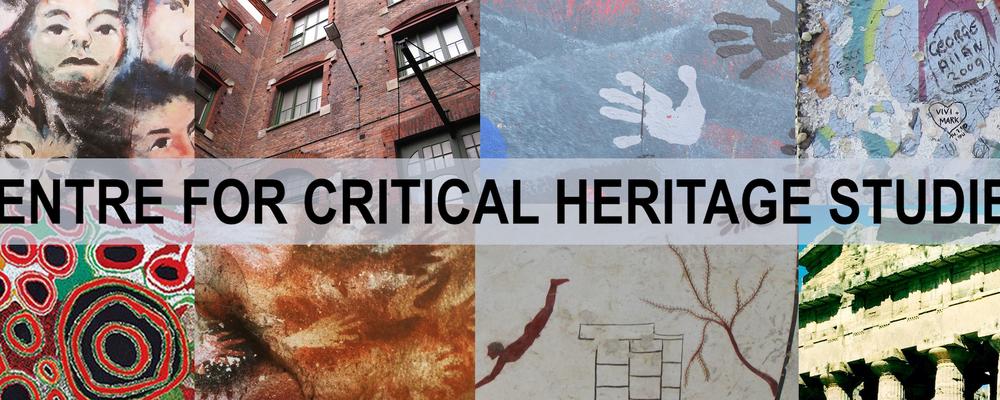
- 2015 Materiality within museums, archives, cities and households in local, global and future perspectives.
- 14 October 2015 Video: Samlingarna och samhället 2
- 15 October 2015 Video: Curating Overflow
- 2014 Critical Curatorship: Objects, Archives and Collections in Ethnographic Museums
- 2013 The Dimensions of Heritage Value PhD course, Gothenburg, Sweden
Courses/seminars organized by CHS in 2013, 2014 and 2015
Take part of previous courses, seminars and workshops at CHS
2015
Materiality within museums, archives, cities and households in local, global and future perspectives.
The Heritage Academy and the CHS at the University of Gothenburg presents a two day seminar discussing materiality within museums, archives, cities and households in local, global and future perspectives. Short introductions to the presentations and links to the videos will be presented below. The first day will be presented in Swedish and the second in English. The venue for both days is the Museum of World Culture in Gothenburg.
14 October 2015
Samlingarna och samhället 2
Den 17 september 2014 arrangerades det första seminariet med tema samlingarna och samhället på Bohusläns museum. Inför seminariedagen Samlingarna och samhället 2 2015 ställdes bland annat frågan om vad som egentligen är museisamlingarnas potential i vår tid – vad är det vi gör med samlingarna? Fokus i presentationerna ligger på frågor om gallring, tillgängliggörande och etik ur både ett samtids- och framtidsperspektiv.
15 October 2015 Curating Overflow
The main purpose of this seminar day is to summarize and bring out key issues and critical examples from the work and discussion in the three present clusters of the CHS (Critical Heritage Studies) at the University of Gothenburg, and create a base and inspiration for the forthcoming work of the clusters. The tree clusters Staging the Archives, Globalizing Heritage and Curating the City had a section each during the day. Introducing CHS video
2014
Critical Curatorship: Objects, Archives and Collections in Ethnographic Museums
PhD workshop 19 - 23 May, 2014
Collections stores of the Swedish National Museums of World Culture, Gothenburg
2013
The Dimensions of Heritage Value PhD course, Gothenburg, Sweden
Critical Heritage Studies in cooperation with The Nordic Graduate School in Archaeology
Sep 16, 2013 - Sep 20, 2013, University of Gothenburg, The Ågren Residence